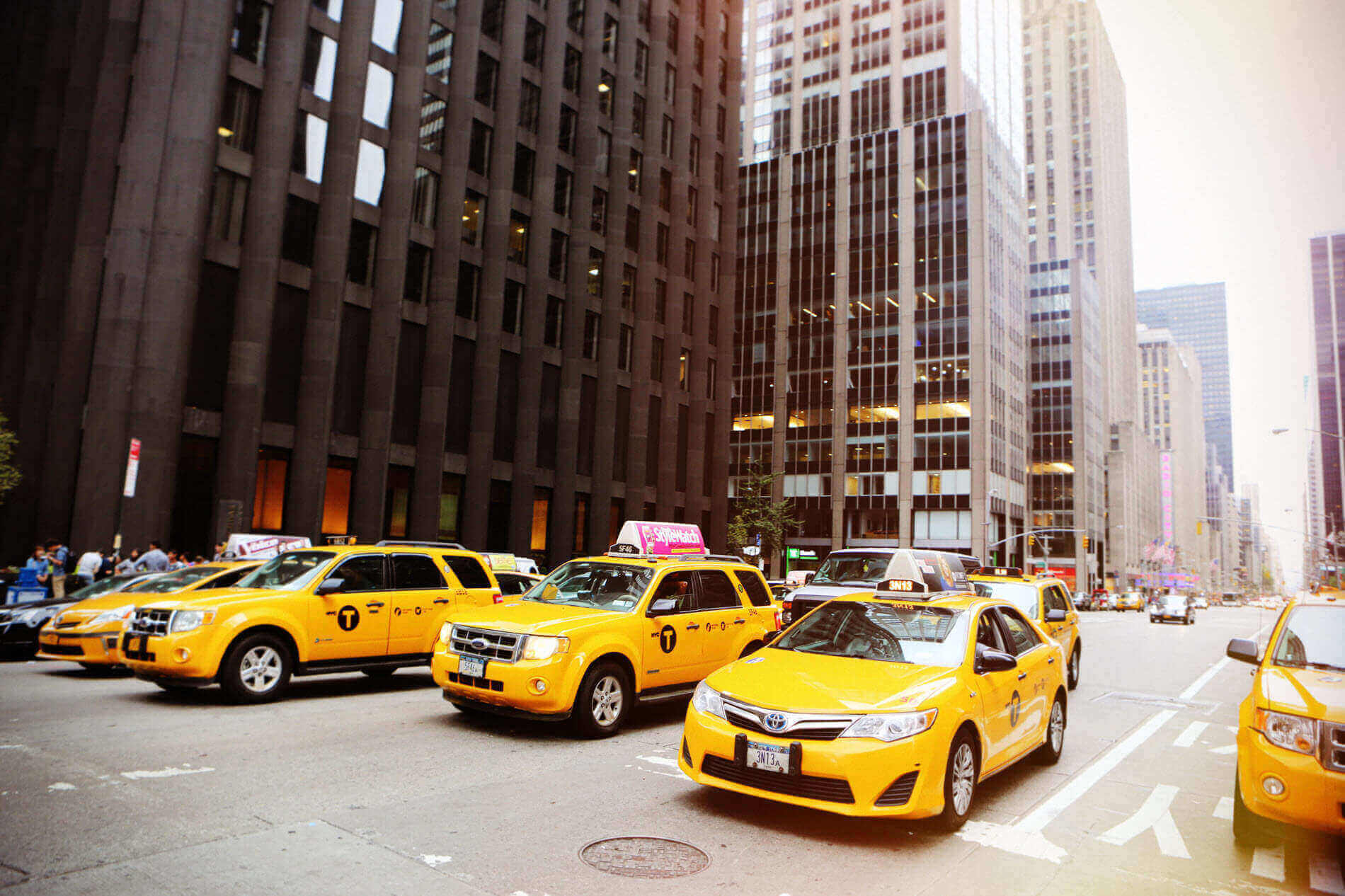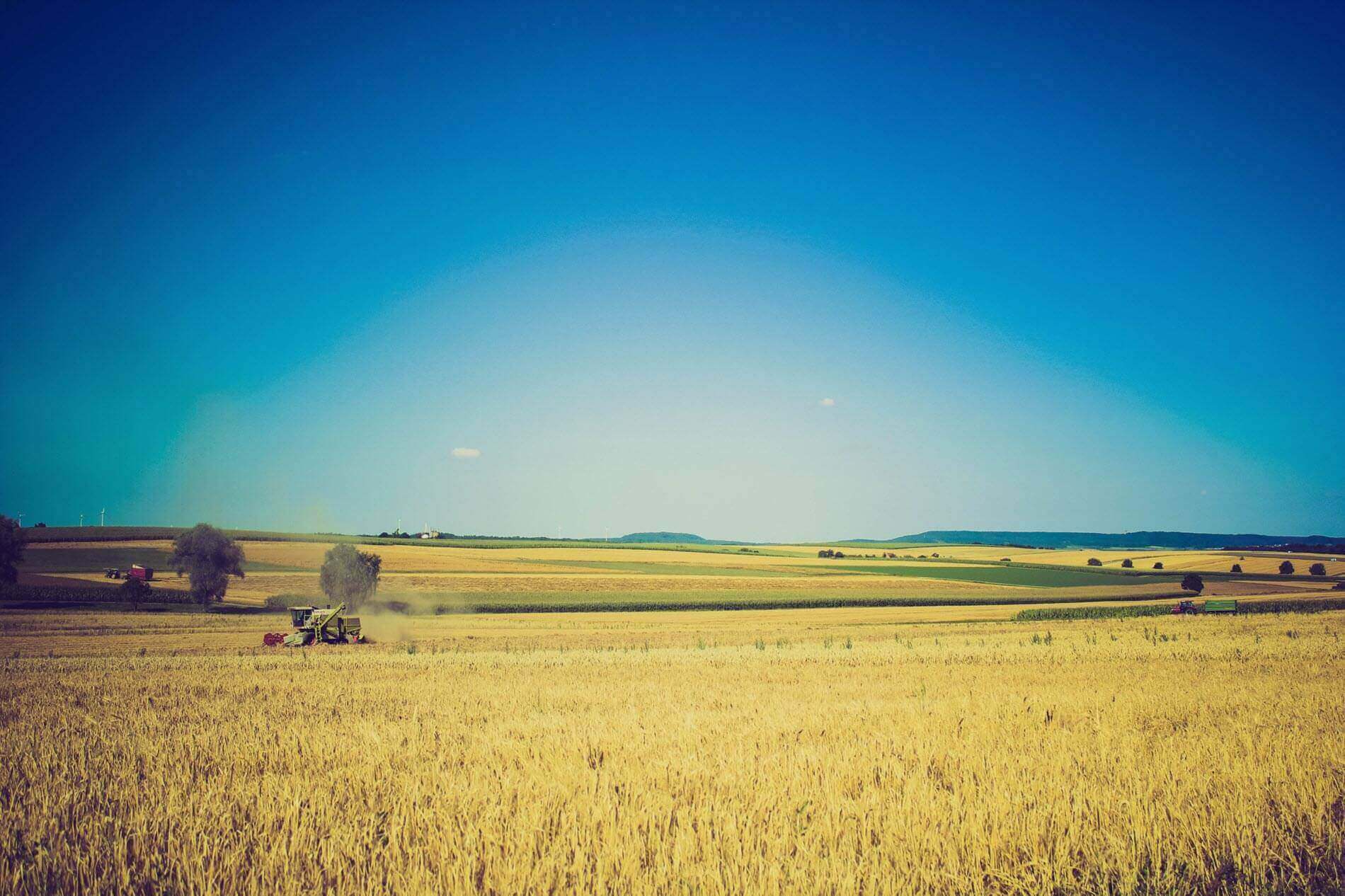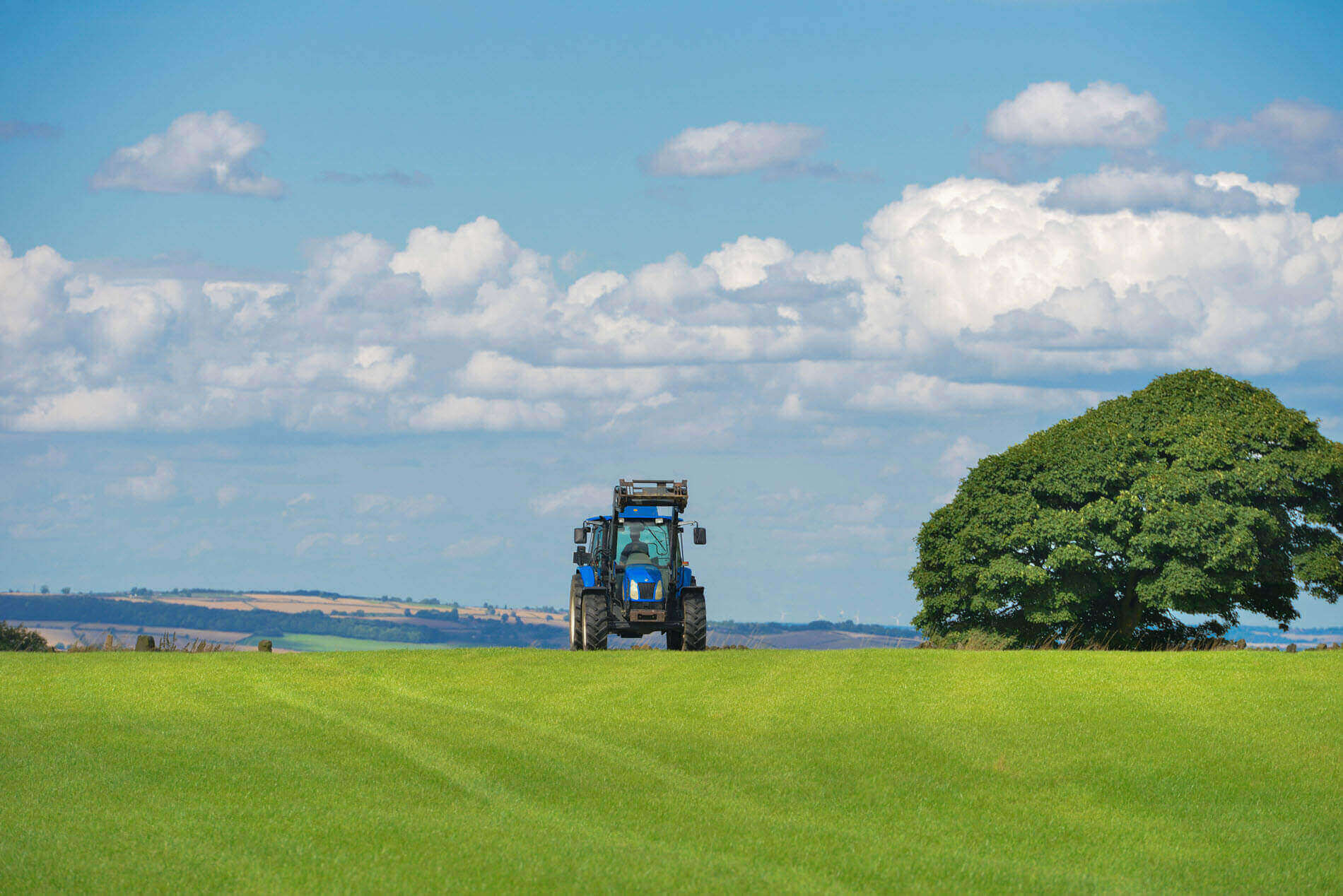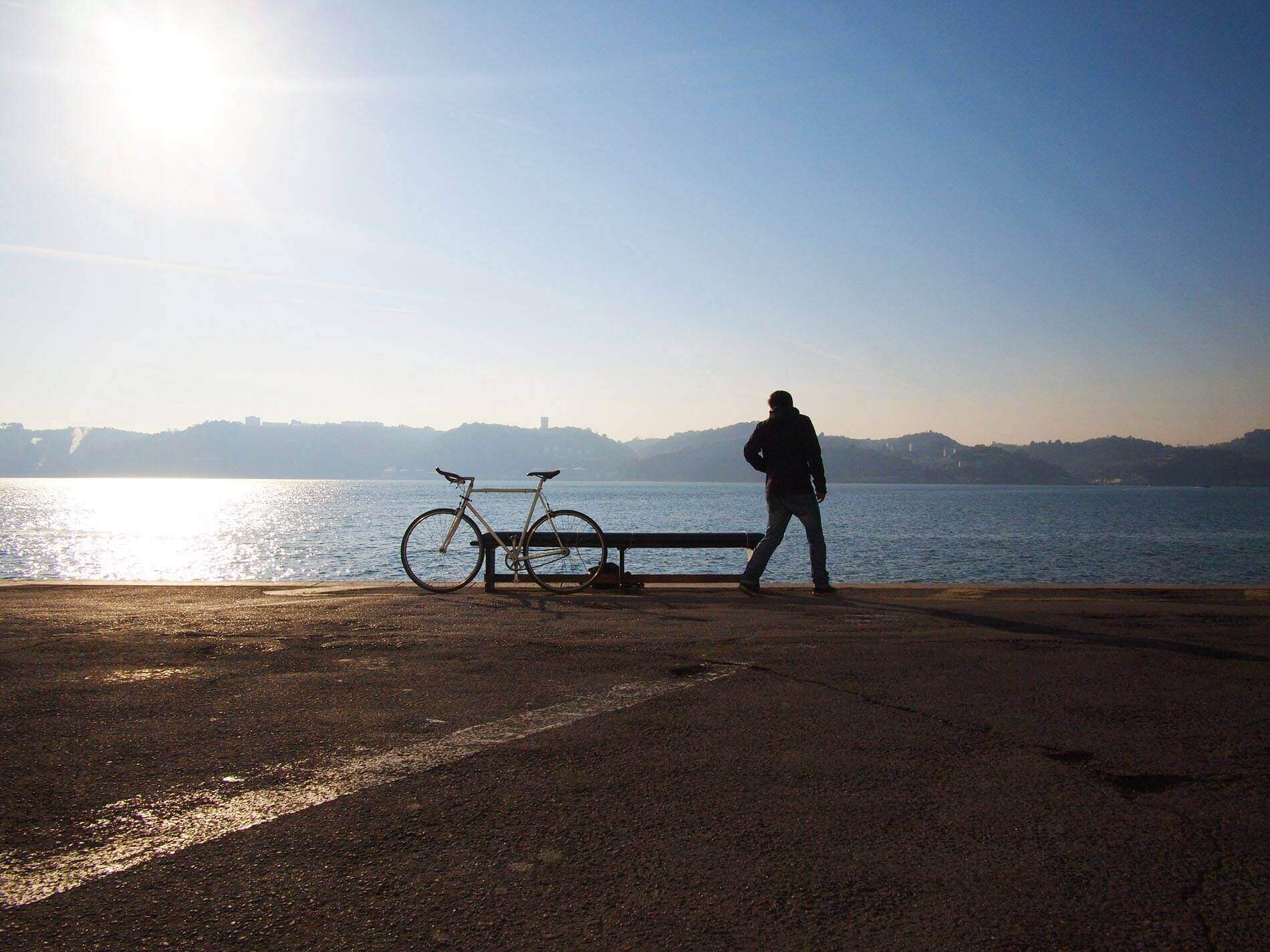The St. Paul’s Pulpit
The Church and the Restitution of All Things
A Sermon
Delivered on June 17, 2018, by
Rev. S. Randall Toms, Ph.D. at
St. Paul’s Anglican Church, Baton Rouge, LA
Then answered Peter and said unto him, Behold, we have forsaken all, and followed thee; what shall we have therefore? And Jesus said unto them, Verily I say unto you, That ye which have followed me, in the regeneration when the Son of man shall sit in the throne of his glory, ye also shall sit upon twelve thrones, judging the twelve tribes of Israel. And every one that hath forsaken houses, or brethren, or sisters, or father, or mother, or wife, or children, or lands, for my name’s sake, shall receive an hundredfold, and shall inherit everlasting life. (Matthew 19:27-29)
Over the next 6 months, from now until Advent, I will deal with how the Church changes the world through the celebration of the liturgy. Also, I will go through the liturgy, word by word, piece by piece, and show you how God brings his new creation into being through our liturgy. Then, I will show you how to prepare yourself week by week, so that when you come here on Sunday morning you can really participate in this world-changing event. These sermons will be written and recorded, and I hope that for the rest of your lives you will review them constantly, as a constant reminder of why we are gathered here on Sunday mornings.
After the past two months, you may be hoping that I will move on to another subject soon. After all, there is more in Scripture than just its teaching on the sacraments. You may be hoping that I will move on to something more practical. Just give me six more months. Actually, preaching on the sacraments and the liturgy is the most practical advice that I can give you, for our whole lives, every area of our lives, is influenced by our participation in this holy liturgy. Also, remember that I said last week that during our worship service, Christ bestows his gifts upon his waiting people—the gifts that we need to live in the world. Without the gifts that we receive each Sunday in the Holy Sacrament, we cannot perform our God-given tasks in the world. What I will be teaching you in the next six months is how to do the most important work you can do in the world and for the world, and that is, celebrate the liturgy, for it is through the celebration of the liturgy that the Church, by the power of God, transforms the world. I want you to be so excited when you come to church on Sunday morning, thinking to yourself, “I am on my way to change the world. I change the world by worshiping God through the means of our liturgy contained in the Book of Common Prayer.”
As I enter this portion of this series of sermons, let me give credit for my views on this subject to various theologians so that I won’t have to stop and give them credit again. As you know, I have always said that I have never had an original thought in my life. My dad told me if I ever have an original thought, my life will have been a success. I haven’t had mine yet, but perhaps it will come one day. I am indebted to the Methodist theologian, Geoffrey Wainwright, the Roman Catholic theologian, Aidan Kavanagh, the Eastern Orthodox theologian, Alexander Schmemann, the Lutheran scholars, Arthur Just and Frank Senn, and many of our Anglican forefathers who wrote before the theological disasters of the 20th century. As you can see, I am nothing if I am not ecumenical.
As we think about what happens during our liturgy, we need to understand the purpose of the Church in the world. What is our mission? Of course, we exist as a church to worship God and receive the gifts that we need to minister to the world. But what is it that we are trying to accomplish in the world? I have said that we are seeking to transform this world. That concept may be an idea with which many Christians in this generation are not familiar. Many of us grew up in traditions that taught that the main purpose of the Church was get individual people saved so that they could go to heaven when they die. While saving individuals is certainly part of the mission of the Church, what God is seeking to do in the world is much broader than the evangelization of individuals. What is God seeking to do in the world through His Church?
To answer that question, we need to go back to see what God’s original purpose for creating human beings. If we go back to the book of Genesis, we see that God created a physical universe. He made material things. He made earth, water, grass, trees, the sun, the moon, the stars. He made all kinds of animals, birds, fish, and then he made man, male and female. When God had finished making all things, God saw everything that he made. Genesis 1:31 says that God saw that everything he made was very good. This world, this earth, and everything in it is very good. Some religions and philosophies taught that matter, the material world, was evil. Unfortunately, that teaching has also crept into the Church, but the Lord’s material creation is very good.
Let us turn to man himself. Why did God create man? We might say that God created man to worship him, but it’s interesting that in the first 3 chapters of Genesis God says nothing about worshiping him. When God created Adam and Eve, they had unbroken fellowship with God, a fellowship not broken by sin. Therefore, in a sense, they were always worshiping God because they had this intimate fellowship with him from the beginning. But if we look at the first two chapters of Genesis, God gives no command to worship him, unless you infer it from the sanctification of the seventh day. Worship is taken for granted, but the Lord’s first command to Adam and Eve was, “Be fruitful, and multiply, and replenish the earth, and subdue it: and have dominion over the fish of the sea, and over the fowl of the air, and over every living thing that moveth upon the earth. And God said, Behold, I have given you every herb bearing seed, which is upon the face of all the earth, and every tree, in the which is the fruit of a tree yielding seed; to you it shall be for meat. And to every beast of the earth, and to every fowl of the air, and to every thing that creepeth upon the earth, wherein there is life, I have given every green herb for meat: and it was so” (Genesis 1:28-30). Then, in Genesis 2:15, we are told, “And the LORD God took the man, and put him into the garden of Eden to dress it and to keep it.” Adam and Eve did not spend their time in the Garden of Eden sitting in the lotus position, meditating on the glory of God. He told them take care of the garden, take dominion over plants and animals, and have children. These commandments were given before the fall, before sin entered the world. Adam and Eve are living in God’s good creation, but God gives them a mission–he gives them work to do. We have the mistaken notion that since God’s creation was good, no improvements could be made, or that perhaps nothing could get out of hand. But no, Adam and Eve have a job to dress the garden. The word for “dress” means to till, to toil, to work. It’s the same word god uses when he tells his people in the Ten Commandments, “Six days shalt thou labor and do all thy work.” You may be saying, “I thought work was a curse put on us because of the fall. I thought if we had never fallen, we would have swung in hammocks all day and drunk pina coladas.” No, man was put in the garden to till the ground and to work. God made Adam a farmer. The curse only made work unpleasant, sweaty, and the ground rebellious. But from the beginning, human beings were put to work. As a matter of fact, the same word used for “dress” describes the work of Adam after he is expelled from the Garden of Eden: “Therefore the LORD God sent him forth from the garden of Eden, to till the ground from whence he was taken” (Gen. 3:23). Adam tilled the ground before the fall and after the fall—working was just much more difficult after the fall. Adam was also told to “keep” the Garden. The word for “keep” means to keep, watch, or preserve. It was the same word used to describe keeping sheep. Why do you have to keep sheep? Because they might get out of hand if you don’t. Could the garden have gotten out of hand if Adam hadn’t been there? Absolutely! Vines would have grown all over everywhere, and grass would have gotten high and spoiled the beauty of the flowers. Trees had to be pruned so that they would maintain their beauty and produce more fruit. I say this reverently, but God want them to make improvements on what he had created. God told them to replenish the earth. The word replenish means to make it full. The world God created was good, but man had much to do. He was to make it full. It’s like the old story about the preacher who went to visit a farmer and looked out of over his land and his gardens, and the preacher told the farmer, “The Lord has certainly given you a beautiful piece of land.” There farmer replied, “Yes, but you should have seen it when the Lord had it to himself.” Rather than being irreverent, the farmer was speaking the truth. From the beginning, God created man to dress and keep what he had created.
Then, Adam and Eve were to subdue and take dominion over all the plants and animals. Why would you have to subdue something in God’s perfect creation? We misunderstand what God meant when he looked at his creation and saw that it was good. Just because it was good, didn’t mean that it didn’t need some work. Plants and animals needed to be trained, subdued, and brought into service for man. Taking dominion involved work. It is no small task to bring animals and plants under dominion. The word for “dominion” means “to rule over.” Here we see one of pictures or human beings we need to get in our minds, for it will help us to understand our mission in the world. Human beings are royal. Taking dominion is part of being created in the image of God. God is a ruler, and he appointed man to be a ruler in this world, to share his rule, to reign with him over his creation. Keep that in mind as we go forward in this series of sermons.
Then, human beings were to have children–lots of children. They are to replenish the earth—make it full. God wants to fill this good world he has created with people. God’s original intention for this world was for human beings to live in a world of where human beings did purposeful work in harmony with one another to extend paradise over all the earth. We can assume that the Garden of Eden would have eventually become too small for all of Adam’s descendants, but if they had obeyed God’s original commands, the Garden of Eden would have extended throughout the planet, and little by little, human beings would have raised generations of other human beings to subdue and take dominion and take care of God’s good creation.
Now that we have seen God’s original intention for the creation of human beings, we recognize that something has gone terribly wrong. Man sinned against God, and when he did, all creation went out of whack. Adam and Eve were expelled from the Garden of Eden, and instead of people working together in harmony to extend paradise around the globe, the world became filled with bloodshed and violence. Hatred and jealousy become so horrible that Cain kills his own brother, and after that, violence proliferates around the world, so much so that God finally has to destroy all human beings except Noah and his family. But after the flood, and Noah and his family are given the same instructions given to Adam and Eve:
And God blessed Noah and his sons, and said unto them, Be fruitful, and multiply, and replenish the earth. And the fear of you and the dread of you shall be upon every beast of the earth, and upon every fowl of the air, upon all that moveth upon the earth, and upon all the fishes of the sea; into your hand are they delivered. Every moving thing that liveth shall be meat for you; even as the green herb have I given you all things. But flesh with the life thereof, which is the blood thereof, shall ye not eat. And surely your blood of your lives will I require; at the hand of every beast will I require it, and at the hand of man; at the hand of every man’s brother will I require the life of man.] Whoso sheddeth man’s blood, by man shall his blood be shed: for in the image of God made he man. And you, be ye fruitful, and multiply; bring forth abundantly in the earth, and multiply therein. (Gen. 9:1-7)
Notice, that even after the fall, human beings still bear the image of God. We are to fill the earth and multiply, and we are to still take dominion over every living thing. But as we all know, sin keeps getting in the way of fulfilling what God had intended for us in the Garden of Eden. The whole Old Testament is a record of the failures of human beings to be what God created them to be. Finally, God sent his son into the world, and he would become the means through which we could become what God intended us to be when he created human beings. He created us to rule over the earth, and through Christ, we shall, and we shall do it forever and ever. We read in Matthew 19:27-29: “Then answered Peter and said unto him, Behold, we have forsaken all, and followed thee; what shall we have therefore? And Jesus said unto them, Verily I say unto you, That ye which have followed me, in the regeneration when the Son of man shall sit in the throne of his glory, ye also shall sit upon twelve thrones, judging the twelve tribes of Israel. And every one that hath forsaken houses, or brethren, or sisters, or father, or mother, or wife, or children, or lands, for my name’s sake, shall receive an hundredfold, and shall inherit everlasting life.” Notice how Jesus speaks of a time called “the regeneration.” The regeneration is the restoration of all things. When the earth is restored to what God intended for it originally to be, the disciples would sit on 12 thrones judging the 12 tribes of Israel. Peter spoke of this day in Acts 3:19-21: “Repent ye therefore, and be converted, that your sins may be blotted out, when the times of refreshing shall come from the presence of the Lord; And he shall send Jesus Christ, which before was preached unto you: Whom the heaven must receive until the times of restitution of all things, which God hath spoken by the mouth of all his holy prophets since the world began.” The restitution of all things. One day, this earth will become what God created it to be, and when that happens, we will reign with him. Paul told Timothy, “If we suffer, we shall also reign with him” (II Tim. 2:12). And where is all this ruling and reigning going to take place. John said in Revelation 2: 26-27, “And he that overcometh, and keepeth my works unto the end, to him will I give power over the nations: And he shall rule them with a rod of iron; as the vessels of a potter shall they be broken to shivers: even as I received of my Father.” Again, Revelation 5: 9-10, John writes, “And they sung a new song, saying, Thou art worthy to take the book, and to open the seals thereof: for thou wast slain, and hast redeemed us to God by thy blood out of every kindred, and tongue, and people, and nation; And hast made us unto our God kings and priests: and we shall reign on the earth.”
Sometimes, we think that we are going to spend eternity in a far off distant place called heaven. No, heaven is going to come down to earth, and we are going to spend eternity here, on this planet, doing what God originally intended for us to do. As a matter of fact, heaven is already here. As N. T. Wright would explain it, we just don’t see the heavenly realm because our eyes are veiled, but the heavenly realm is all around us. In Revelation 21, John said, “And I saw a new heaven and a new earth: for the first heaven and the first earth were passed away; and there was no more sea. And I John saw the holy city, new Jerusalem, coming down from God out of heaven, prepared as a bride adorned for her husband. And I heard a great voice out of heaven saying, Behold, the tabernacle of God is with men, and he will dwell with them, and they shall be his people, and God himself shall be with them, and be their God” (Rev. 21:1-3). You notice that we are not going up to the new Jerusalem. The new Jerusalem is coming down to us. This earth is not going to be destroyed—it is going to be made new. Not just human beings, but all of creation is waiting for this day when things will be restored to their original harmony. St. Paul said in Romans 8: 18-23:
For I reckon that the sufferings of this present time are not worthy to be compared with the glory which shall be revealed in us. For the earnest expectation of the creature waiteth for the manifestation of the sons of God. For the creature was made subject to vanity, not willingly, but by reason of him who hath subjected the same in hope, Because the creature itself also shall be delivered from the bondage of corruption into the glorious liberty of the children of God. For we know that the whole creation groaneth and travaileth in pain together until now. And not only they, but ourselves also, which have the firstfruits of the Spirit, even we ourselves groan within ourselves, waiting for the adoption, to wit, the redemption of our body.
St. Paul says that all of creation is waiting for this restoration of all things. Even animals know that something is terribly wrong. They know they live in a cursed world. My theory is that all animals will be saved because they are groaning for the day of redemption. This week, one of my grandchildren’s dogs was bitten by a water moccasin. She survived, but if they hadn’t gotten her to the vet, the tissue in her paw would have just disintegrated because of the venom. That dog can look at you with the saddest eyes, and you just know that she is groaning for the day of redemption when things like that won’t happen, when “The wolf also shall dwell with the lamb, and the leopard shall lie down with the kid; and the calf and the young lion and the fatling together; and a little child shall lead them. And the cow and the bear shall feed; their young ones shall lie down together: and the lion shall eat straw like the ox. And the sucking child shall play on the hole of the asp, and the weaned child shall put his hand on the cockatrice’ den. They shall not hurt nor destroy in all my holy mountain: for the earth shall be full of the knowledge of the LORD, as the waters cover the sea” (Isaiah 11:6-9). The Christian longs for the fulfillment of that prophecy, and it will surely happen.
But the amazing thing is that God is going to use the Church, Christian people, to bring that day to pass. God is going to reconcile all things, in heaven and in earth, to himself, and he is going to use the Church to bring that day to pass when we will resume our created purpose in being rulers over the earth. How will the church perform this miracle? She will do it through her liturgy. How? Well, come back next week. But for now, let us look forward to that time spoken of by Isaiah when the Lord said, “For, behold, I create new heavens and a new earth: and the former shall not be remembered, nor come into mind” (Isa. 65:17). Amen.














